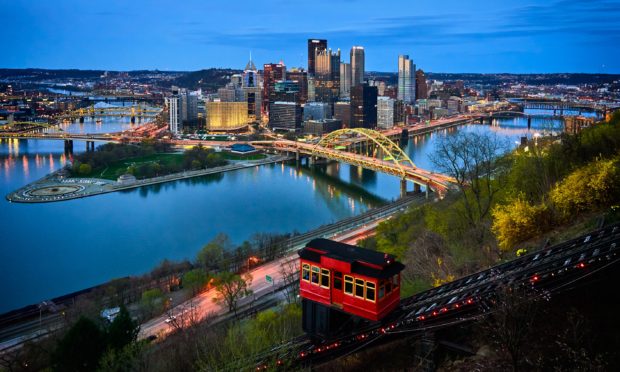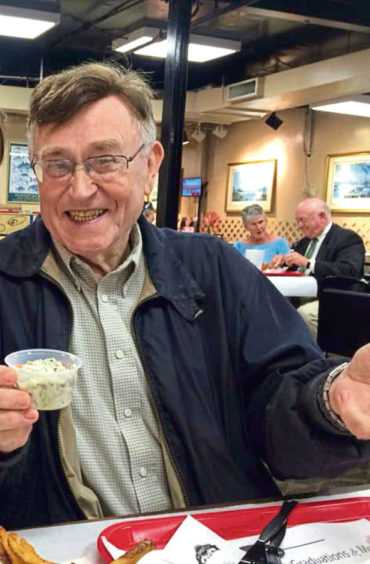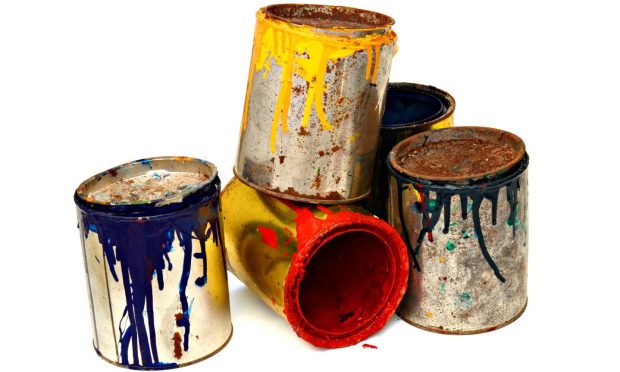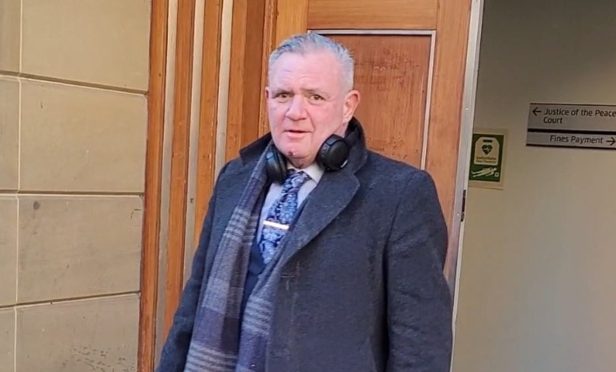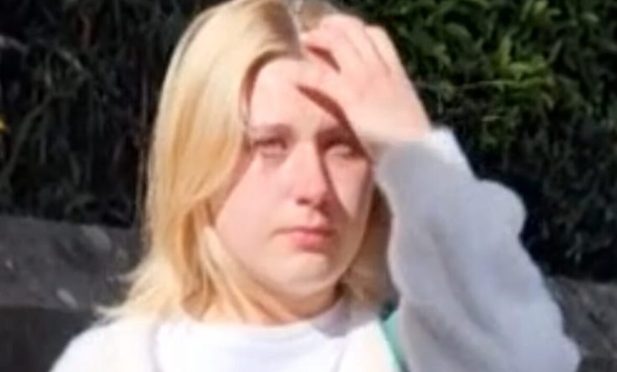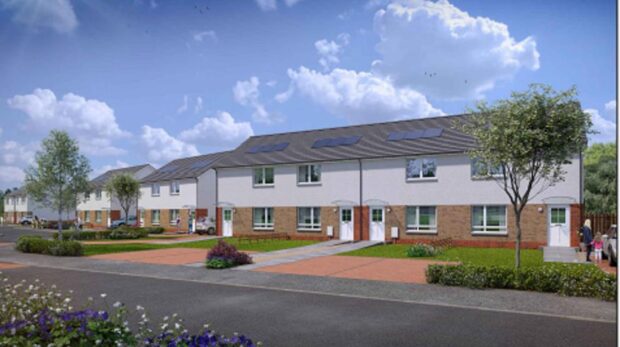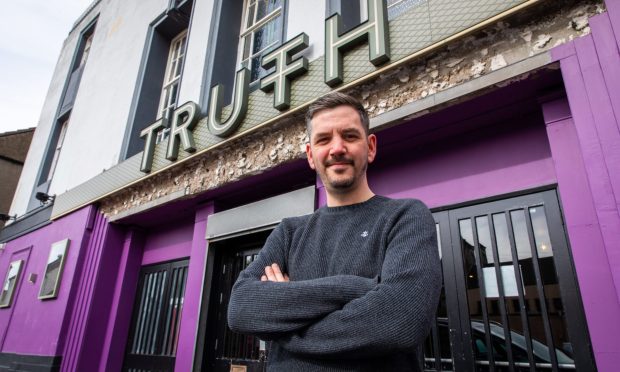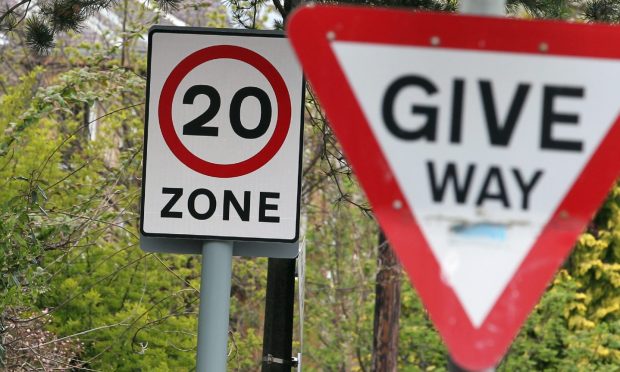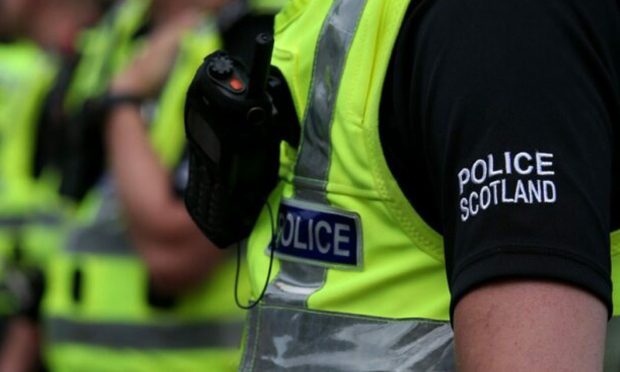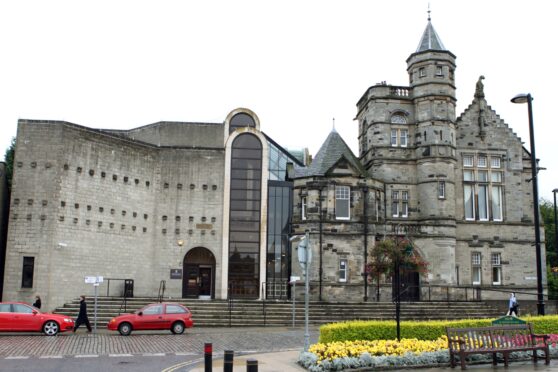A Fife-born pensioner is campaigning for residents of Pittsburgh to be made to pronounce the US city’s name the Scottish way.
Robert Thomson, 76, is fuming people living in the city in Pennsylvania have been mispronouncing the name for centuries.
Mr Thomson, originally from Dunfermline, emigrated to Pittsburgh more than 30 years ago but has grown exasperated at hearing the name pronounced wrongly and considers it a slight to his roots.
Locals pronounce the name as ‘Pitts-burg’ but the OAP insists this is wrong and it should be pronounced ‘Pitts-burra’.
Pittsburgh, known as America’s “Steel City”, was founded in 1758 by a Scot, General John Forbes, also from Dunfermline, and named by him in honour of former British prime minister, William Pitt the Elder.
Mr Thomson is lobbying local politicians on the the issue and earlier this month gave a speech at a meeting of the city council.
He said: “The spelling is right but you are pronouncing it the wrong way, you are pronouncing it the German way.
“It’s ridiculous. The town was created by the Scottish people from my hometown in 1758.
“Twenty years after that a lot of Germans came here and they pronounced it ‘burg’ rather than ‘burra’ like how Edinburgh, the capital city of Scotland, is pronounced.
“Burg is the German name for town whereas burra is the Scottish name.
“The spelling was created by the Scottish many, many years ago and it is how they would have pronounced it.”
Mr Thomson, a retired electrical company worker, says he has told hundreds of people in the city over the years how to pronounce it properly to no avail.
The city council have said they will consider his comments and he has won backing from one politician.
Councilman Anthony Coghill, who has Scottish ancestry, said: “My Scottish roots kind of got me into this.
“He’s very passionate about it, and I’m not sure of all his reasons. I said, ‘Why don’t you come down and publicly speak?’ Obviously he’s on a mission.”
Andy Masich, president of the Heinz History Center in Pittsburgh, said: “If we really want to go back and figure out the language of origin and figure out how it was originally pronounced, we’re going to open a can of worms.”
Born in 1707 at Pittencrieff Estate, General Forbes led an expedition in 1758 to capture the French stronghold of Fort Duquesne, which later became Pittsburgh.
